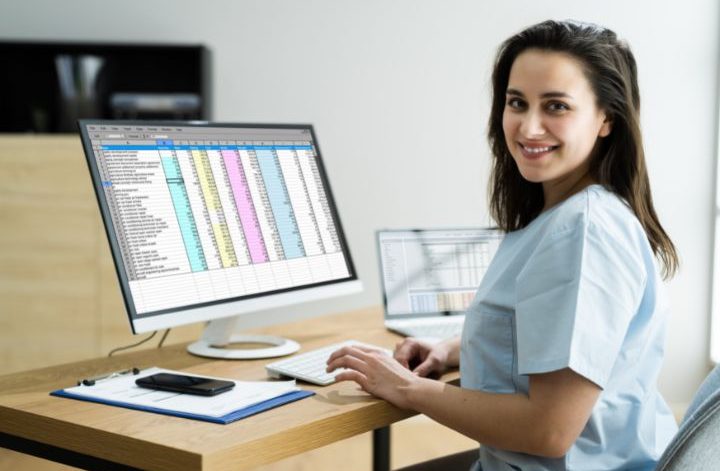Medical billing and coding is a crucial aspect of healthcare administration. It involves translating medical procedures, diagnoses, and treatments into codes for billing and insurance purposes. A career in medical billing and coding can be an excellent option for those who want to work in the healthcare industry but prefer a more administrative role.
To pursue a career in this field, one must obtain a certification in medical billing and coding, which can be achieved through various programs offered by vocational schools, community colleges, and online education providers.
Some of the skills required for a successful career in medical billing and coding include attention to detail, analytical skills, and knowledge of medical terminology and coding systems. Additionally, strong communication skills are essential as medical coders work closely with healthcare professionals, insurance companies, and patients.
The demand for medical coders is expected to grow in the coming years as the healthcare industry continues to expand. According to the Bureau of Labor Statistics, the median annual wage for medical records and health information technicians, including medical coders, was $44,090 in May 2020.
Overall, a career in medical billing and coding can be a rewarding and stable profession for those interested in healthcare administration.
Medical billing and coding is the process of translating medical procedures, diagnoses, and treatments into codes for billing and insurance purposes. This important function ensures that healthcare providers receive payment for their services and that insurance companies accurately reimburse patients.
To become a medical biller and coder, one must complete a certification program that covers medical terminology, anatomy and physiology, and coding systems such as ICD-10-CM and CPT. Some programs also cover medical billing software and insurance claim processes.
Medical coders work in a variety of settings, including hospitals, clinics, and insurance companies. They are responsible for reviewing medical records and assigning codes to each procedure and diagnosis. These codes are used to generate bills and insurance claims.
Medical billing and coding professionals must have excellent attention to detail and analytical skills. They must also have knowledge of medical terminology and coding systems and be able to communicate effectively with healthcare professionals and insurance companies.

